Given all the seismic shifts to our way of life in March, it feels like far longer than a month ago I last sat down to write about gardening. And while much has changed over the last month, spring flowers continue to bloom, grass is still growing, and gardens are bursting back to life right on schedule. Gardening, unlike many events in our world today, is not cancelled—and for multiple reasons, you may find it a more necessary part of your life than ever before. If you’ve never grown your own food or have limited experience with vegetable gardening, I have a few tips for you to keep in mind this planting season.
First, let me preface my tips by clarifying that Governor Inslee specifically named “garden stores and nurseries” as essential businesses that could stay open during his “Stay Home, Stay Healthy” executive order, and by my research, most of the nurseries and garden centers in Whatcom County are open in some form or another, either for in-store shopping or curbside pickup. Nurseries play a crucial part in helping you grow your own food, and thus have been deemed essential businesses. Now, on to the tips!
Tip #1: Choose the best site for your vegetable garden. Most vegetables require lots of sun to produce a good yield, so pick a place in your yard with a minimum of six to eight hours of sun—the more the better. Farmers don’t grow their crops in the shade, and neither should you!
Tip #2: Determine what you have room for. Depending on the size of your garden space, you may choose to skip growing certain vegetables to make room for others. Corn, for instance, is a great late-summer treat, but it takes a lot of space to grow and is readily available inexpensively at any number of roadside stands. Consider allocating your garden based not only on how much of a vegetable you’ll make use of, but also on how much it costs to attain it elsewhere and what that space could otherwise be used for.
Tip #3: Learn what plants to put in the ground at what time. As tempting as it is to plant your garden all at once—you’re motivated to do it now, for Pete’s sake!—without some protection from cold nights, tomatoes, peppers and other heat-loving plants shouldn’t be planted until early May. If you’re unsure what to plant when, ask us when you’re shopping what we recommend to plant now and what should be planted later.
Tip #4: Determine what to grow from seed and what to grow from starts. Again, consult us for what to purchase—we sell both seeds and starts, and while seeds are more cost-effective for some things, some like peppers can take a long time to sprout from seed, shortening your harvest and erasing any financial savings from buying seeds over starts. Conversely, some plants don’t transplant well and need to be grown from seeds, so don’t be afraid to ask an expert for help if you don’t know what to buy!
Tip #5: Plant in partnership with a friend. Are you good at growing cabbage and kale but don’t have a hot enough location to successfully grow peppers? Team up with a friend or two to coordinate your garden plan and exchange produce throughout the season in order to maximize your efficiency and yields.
Tip #6: Recognize that you’re not the only one looking forward to a plentiful harvest—bugs are, too! Whether you choose to grow your garden with the help of synthetic chemicals or organically, you will likely need to use some form of insect control to keep your produce bug-free. A product like Bonide Eight insect dust is a great insecticide for keeping insects off your plants; likewise, Captain Jack’s dust, also from Bonide, is an effective organic option.
Finally, as we begin to enjoy the longer days nice spring weather, be deliberate about turning off the news and getting out in the garden. Not only is it rewarding to watch things grow, science has proven that so-called antidepressant microbes in healthy soil can boost your levels of serotonin—a hormone that contributes to feelings of happiness—as you get your hands in the dirt. So, as you spend more time at home this spring, enjoy the opportunity to plant a vegetable garden, knowing that growing your own food will both offer some security to your family and improve your mood. And these days, we all could benefit from some time spent in our happy place!


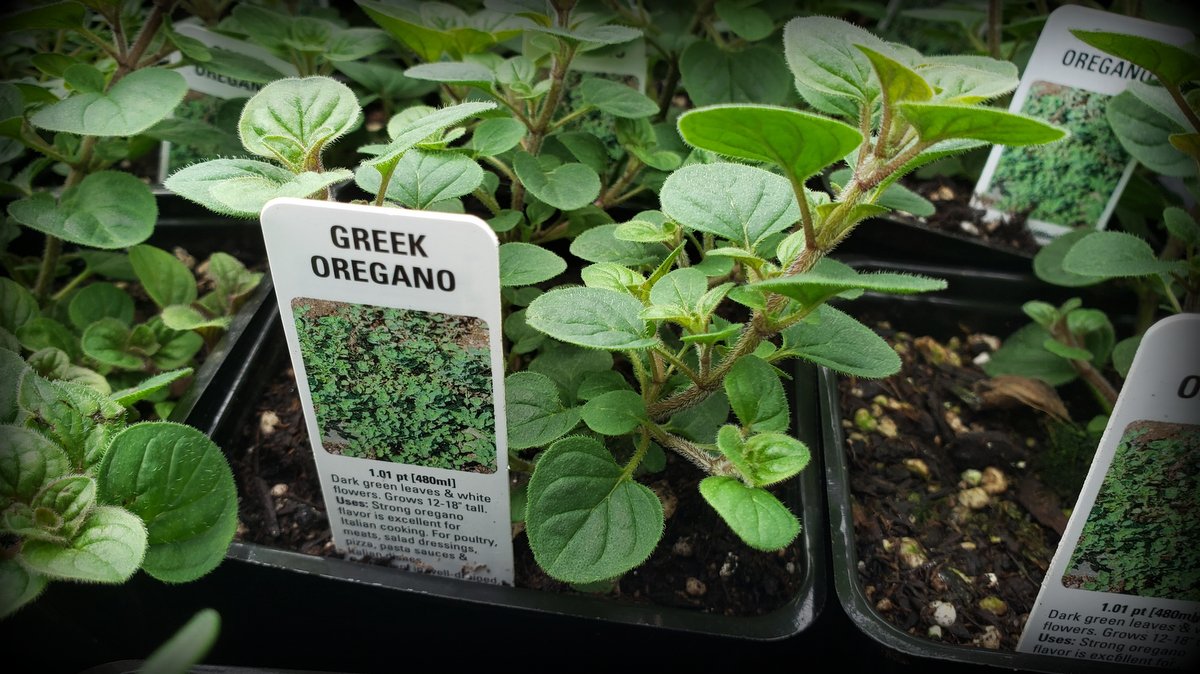
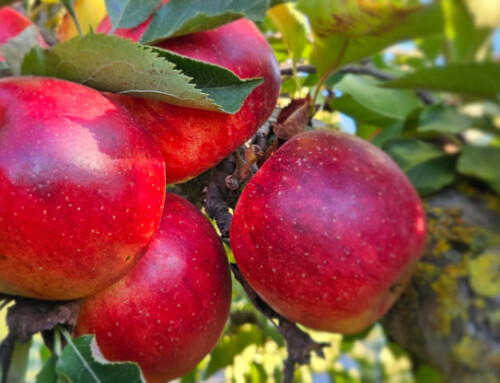
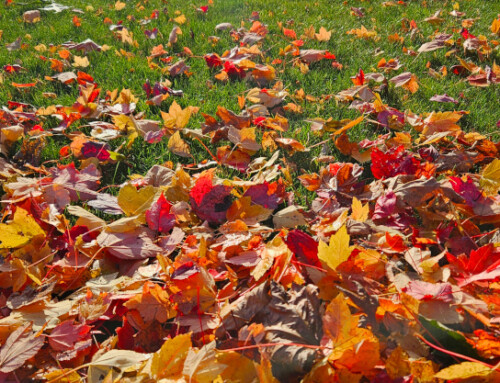
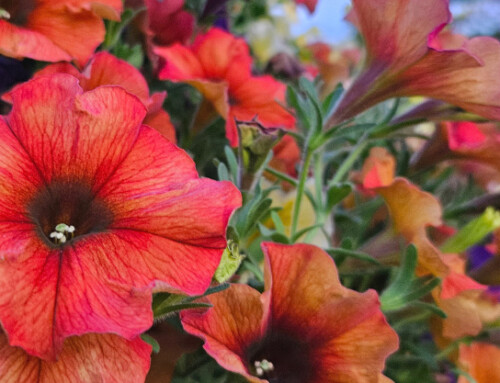
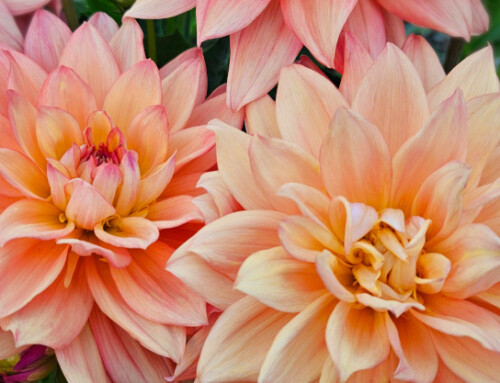
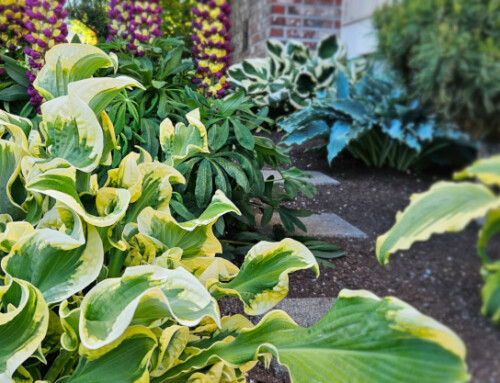
Leave A Comment